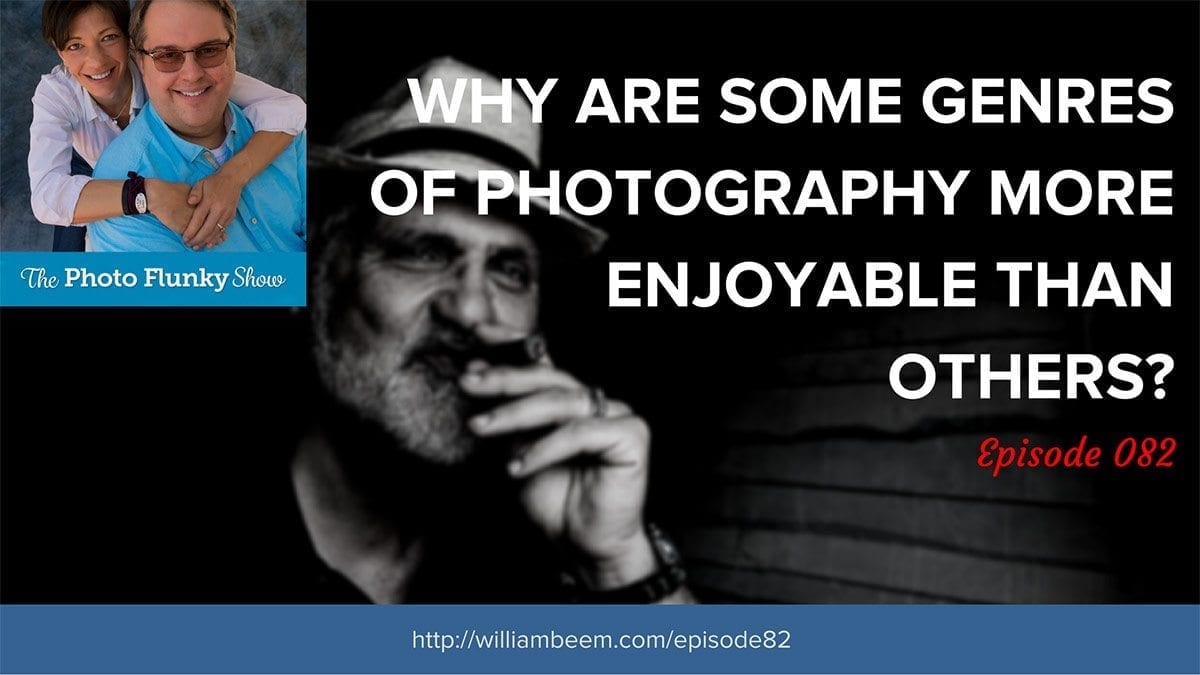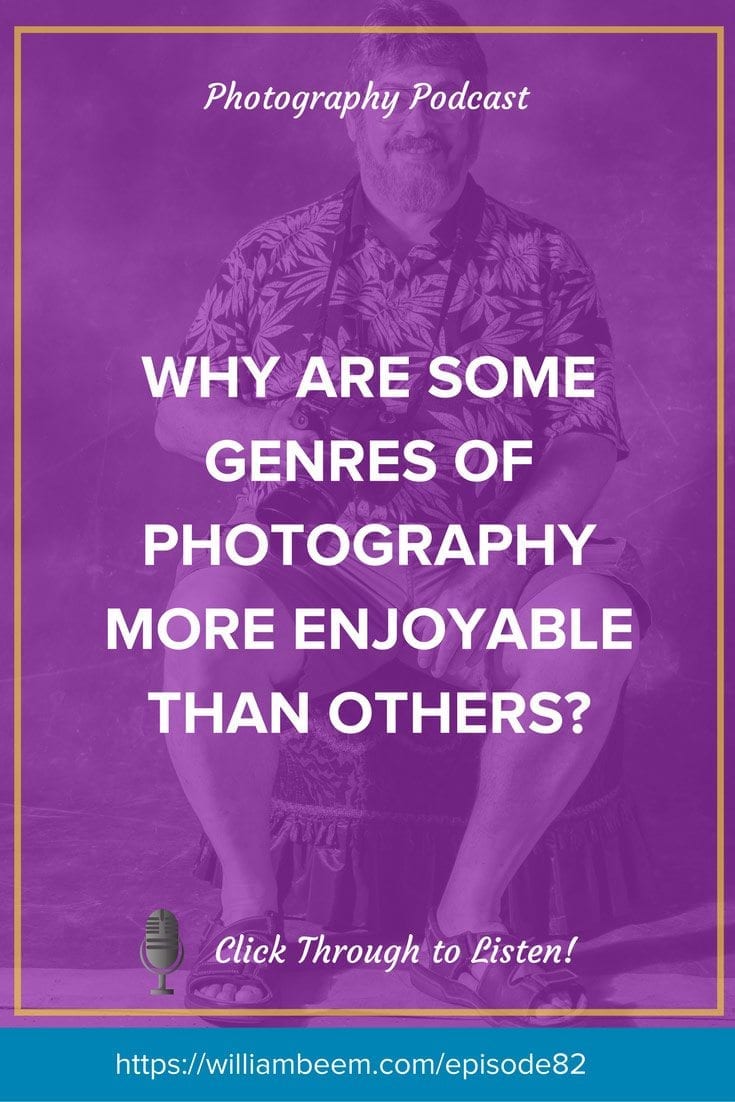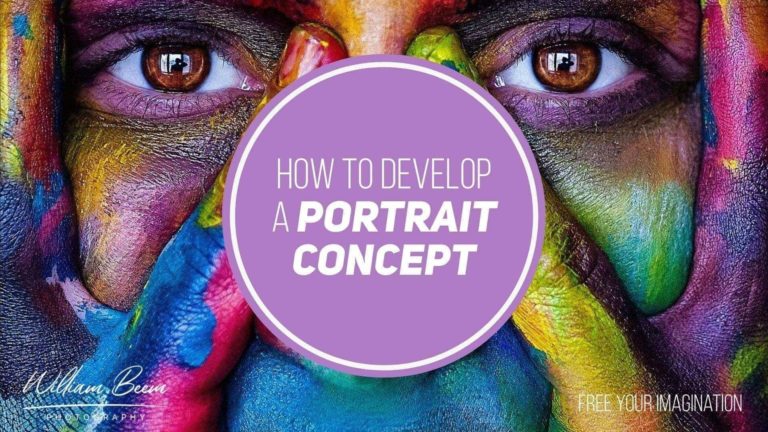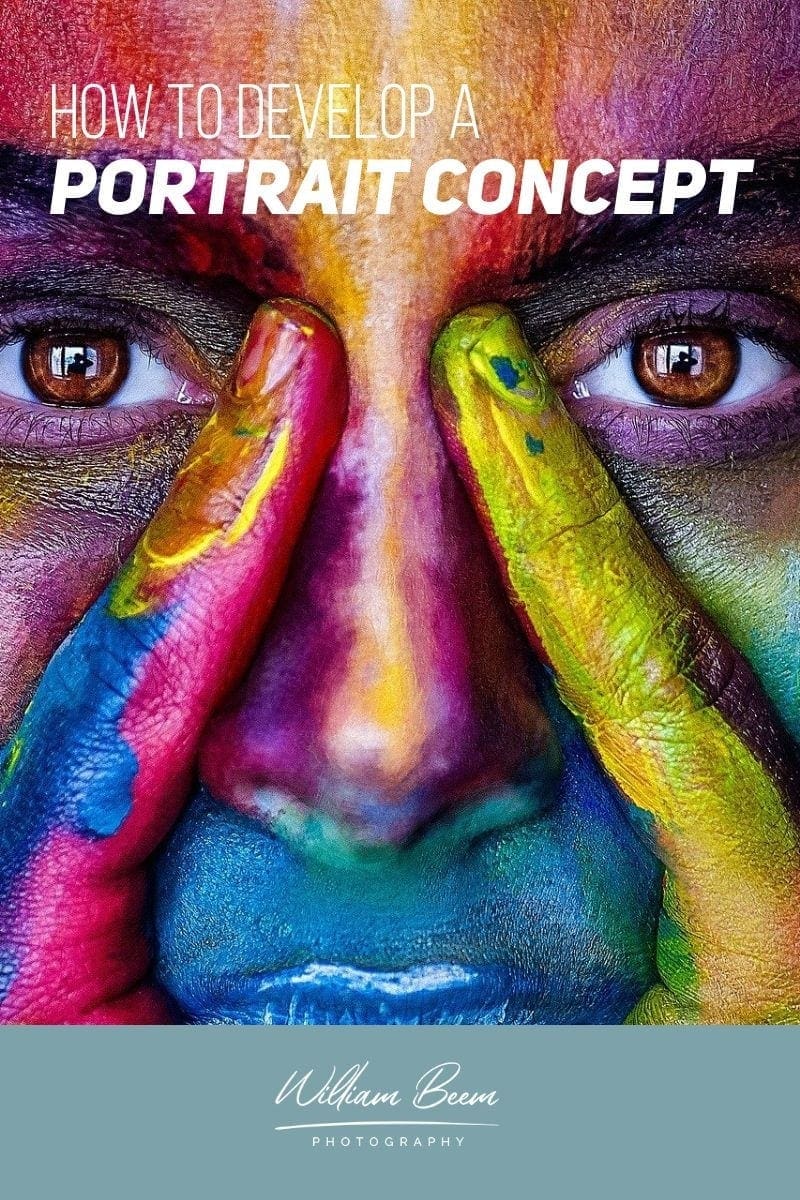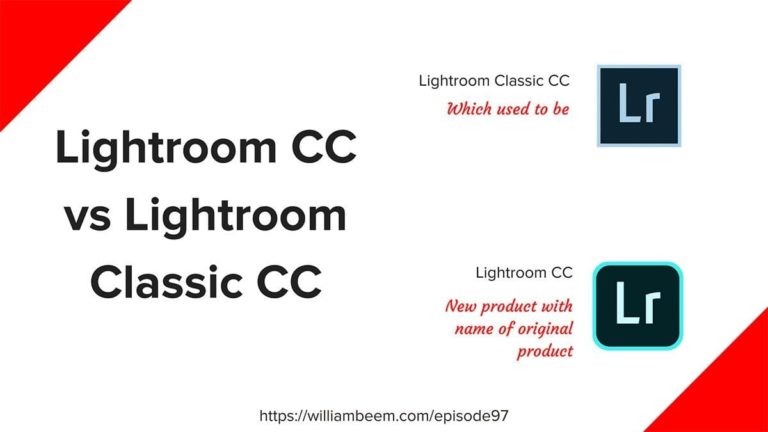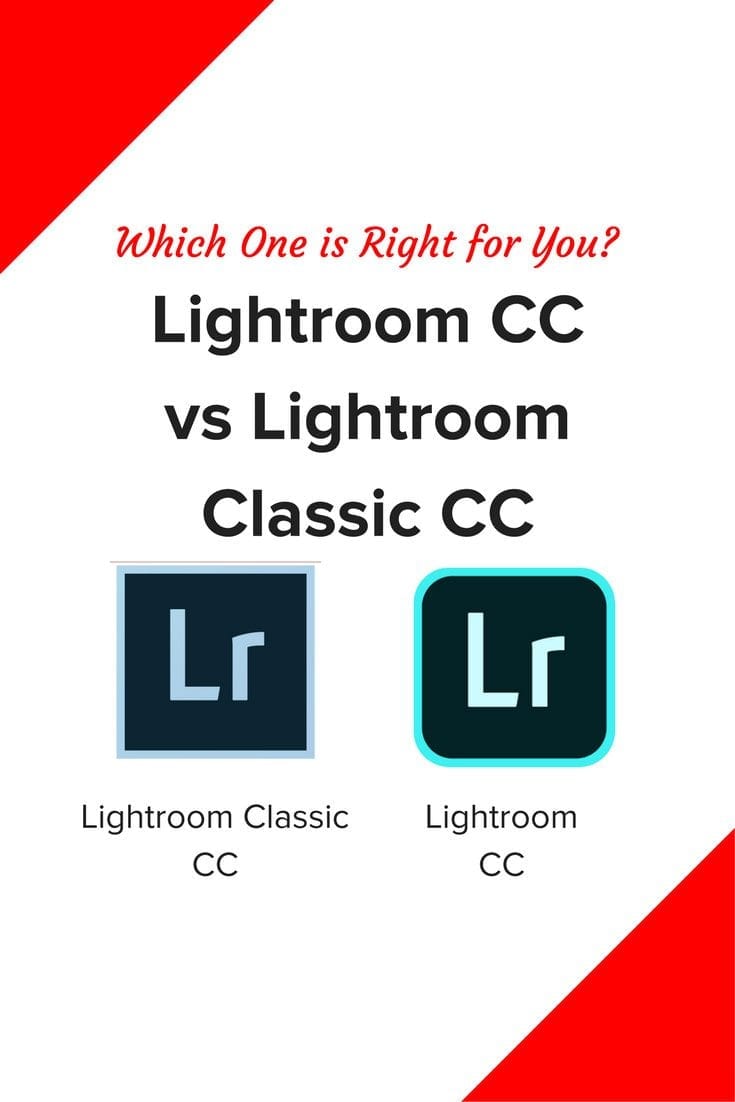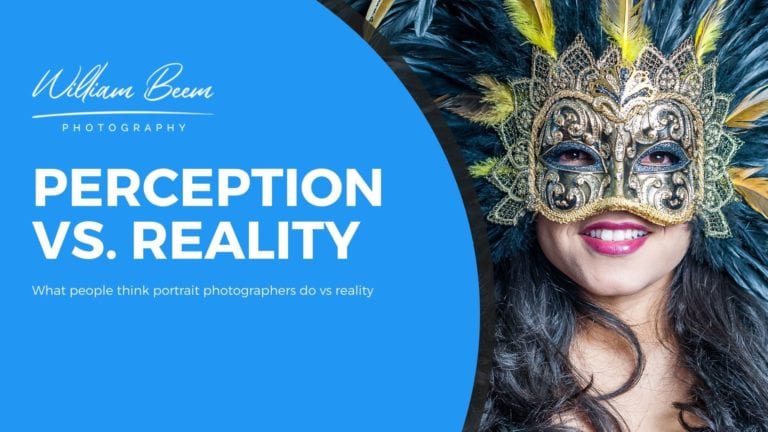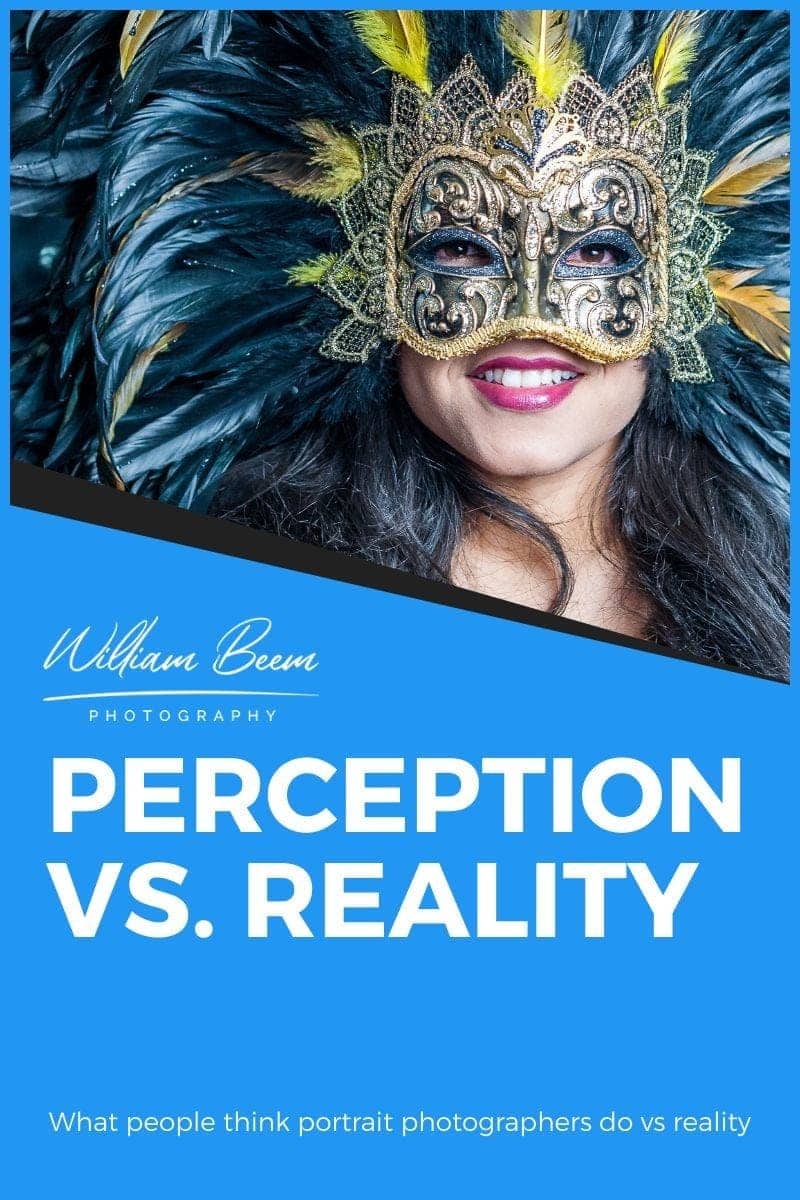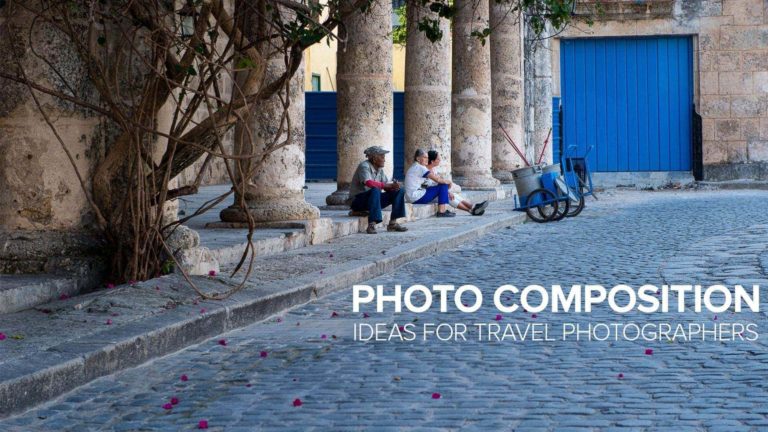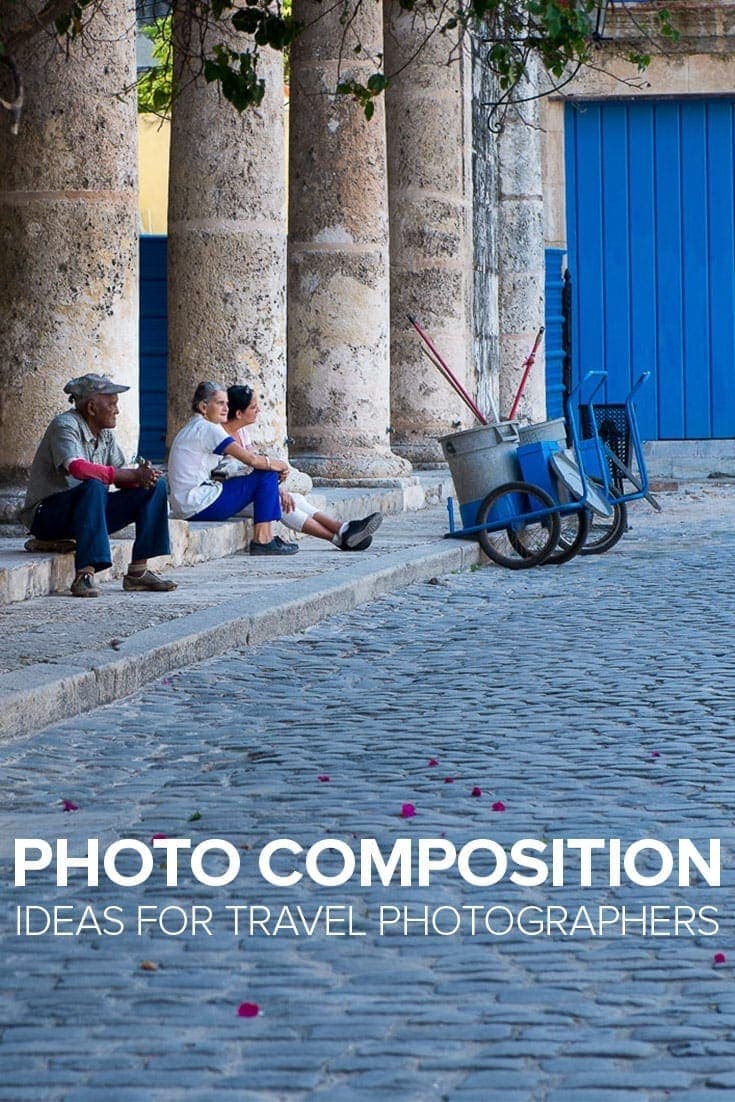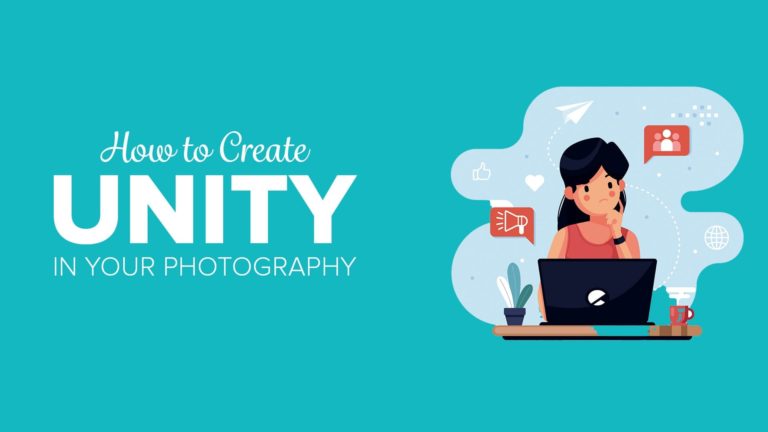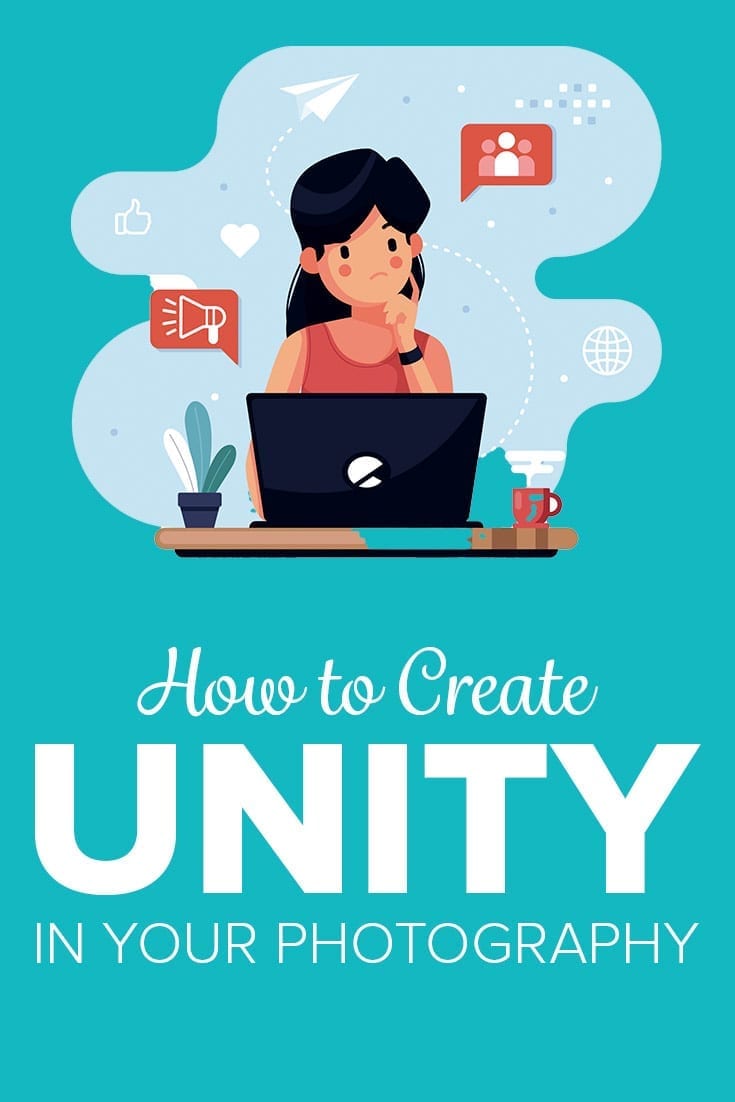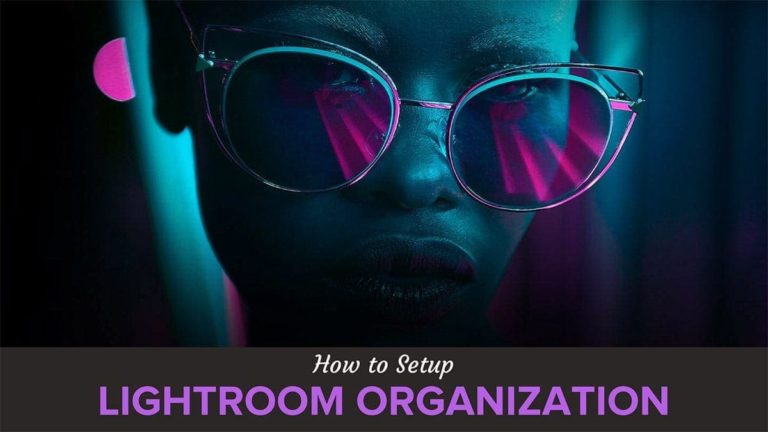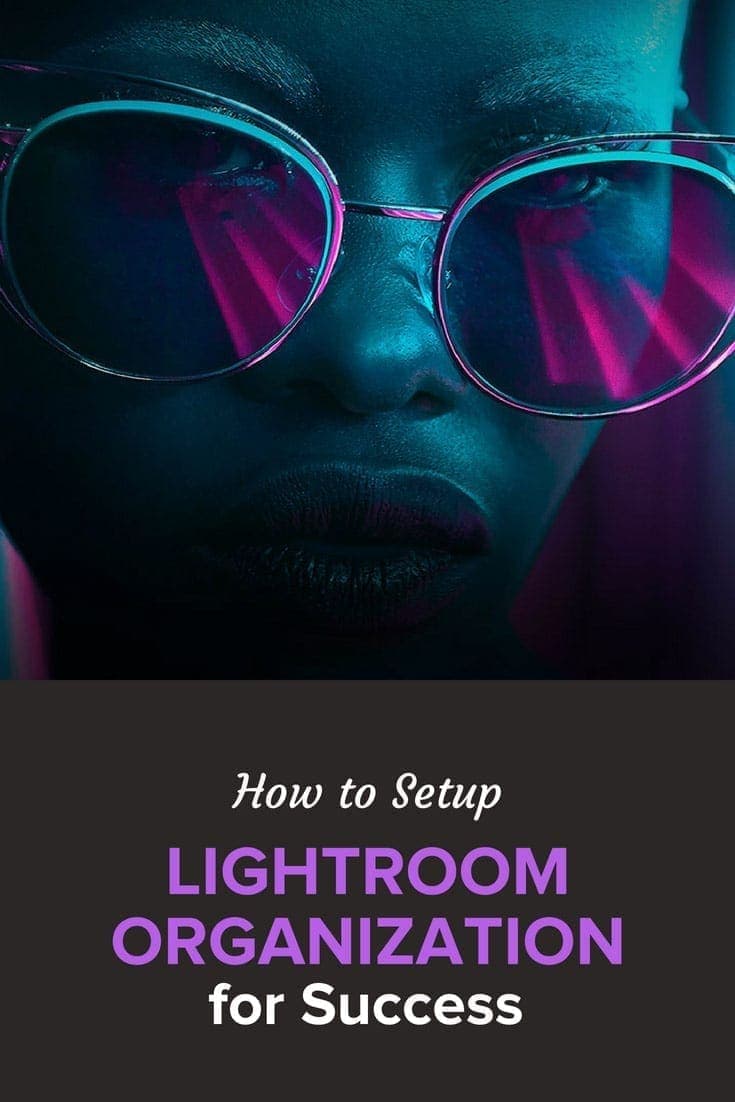Affiliate Disclosure: We earn a commission if you purchase through one of our links at no additional cost to you.
Have You Noticed Some Genres of Photography Will Make You Happier Than Others?
Lee and I both tried different genres of photography. Travel, sports, concerts, food, portraits and more. We recently heard from a reader who mentioned that he felt his landscape photography was getting stale and he was interested in portrait photography.
That set me off pondering why some genres of photography make people happier than others.
I don’t think there’s any correct answer overall, but there may be a correct genre of photography for you. In my clearly unscientific method, I managed to divide photography into two different overall genres, and associated each with a personality trait that may explain why different photographers like different styles.
Capture vs. Control
I see genres of photography falling into one of these buckets. You either like to capture a moment, or you want control over your scene. It doesn’t mean you strictly have to fall into one bucket or another. It just means that you may favor one of these genres of photography more than the others.
Think about these genres of photography for a moment:
- Event Photography
- Street Photography
- Sports Photography
- Concert Photography
- Wildlife Photography
These are genres of photography where it’s important to capture a moment. Once that moment passes, it may never come again. You feel proud when you nail a shot that is once in a lifetime. It’s a testament to your patience, dedication and anticipation of events.
Now think about these genres of photography:
- Portrait Photography
- Food Photography
- Still Life Photography
- Product Photography
This is where you have control. You’re not just a photographer, you’re also the director and producer of your photographs. You set the scene, you choose the model, you arrange the food or the product for your own shots.
While you may never have complete control, you get to do a shot over if you aren’t happy with the results. If I’m doing a portrait session with a model, I can’t control exactly what he or she does. However, I can direct them to get the shot I want. I can choose the lighting and the set. If needed, I can even ask them to do a shot one more time.
Try that at a sporting event.
There’s never been a time at a concert, sporting event or even a wildlife session where I could ask the subject for a do-over. Even travel photography has it’s limits. If you don’t get the right sunset shot, you don’t get to rewind and start over.
So what’s your type? Capture or Control? Let us know in the comments.
Subscribe to The Photo Flunky Show
Thank you for listening to The Photo Flunky Show. Make sure you get every episode by subscribing.
iTunes – https://williambeem.com/itunes
Stitcher – https://williambeem.com/stitcher
Google Play – https://williambeem.com/googleplay
Blubrry – https://williambeem.com/blubrry
Social Media Links
We love seeing your photos and keeping in touch with you on social media. Here’s where you can find us.
Transcript
THE PHOTO FLUNKY SHOW: Episode 82
Links to subscribe to the show:
You can find links to this episode and all of the other ones at photoflunky.com
iTunes: williambeem.com/itunes
Google Play Music: williambeem.com/googleplay
Stitcher Radio: williambeem.com/stitcher
Blubrry: williambeem.com/blubrry
Keep up with us on social media:
Twitter: @photoflunky
Facebook: William Beem Photography
YouTube: William Beem Photography
You can find links to this episode and all of the other ones at photoflunky.com and of course if you’d like to subscribe, we would love that. Go to at williambeem.com/itunes or williambeem.com/googleplay or williambeem.com/stitcher or even williambeem.com/blubrry
William: Thank you very much for joining us on the Photo Flunky Show, Episode 82. My name is William Beem.
Alright, on today’s show we are going to explore the question: Why are some genres of photography more enjoyable than others?
Hi, my name is William Beem.
Lee: Hi! My name is Lee Beem.
William: And we want to talk about those different genres, but before we do that, we want to let you know that show notes are going to be available at williambeem.com/episode82 You can get a transcript of the show there for free. And of course there will be links to subscribe to the show on iTunes, Google Play and other things. And of course you can find this and every other show at photoflunky.com We’ve got a player there. So if you want to explore and see what we’ve been doing, go right ahead. No charge.
And also I want to let you know I’ve got a free ebook. If you are into portrait photography this is called Creative Portraits. It is about the creative and emotional side of portrait photography rather than the technical side. You can go to williambeem.com/freebook
Or you can text the phrase CPBOOK to the number 33444. It will prompt you to put in your email address and it will send it right to you. It’s free, it’s yours, you are welcome to share it around with other folks and it’s got a lot of pretty pictures in it.
Lee: It really does.
William: At least I hope they are pretty. They are my pictures so if you don’t like the pictures then let me know. But I like them.
Alright, so here’s the question that came up today and the question is: Why are some genres of photography more enjoyable than others? And it came about when I got an email from a gentleman named Peter Thomason and he subscribed to my email list. There’s a link right on the front page if you want to sign up. And I actually do enjoy seeing emails that come in from people and responding back to them.
His thought was when I asked the question in the first email I send off to people. What are you struggling with? What kind of things are on your mind? That helps me define content or posts or videos or whatever it may be, to try and help people with something that maybe is causing a problem for them.
And he says “I’m a landscape photographer getting somewhat stale with this type of work. So I’m looking for something else to try out and I seriously like the idea of portrait photography.”
There is more to his message, but I responded back to him because I started thinking about it. Why is landscape photography getting stale and portrait photography more interesting? Now I don’t know if this is Peter’s case or not, but I replied with mine because I did a lot of travel and landscape photography in the past. I still enjoy it, but I’m really more interested in portrait photography now and what came up to me was I like the idea of controlling what I’m capturing.
Lee: You really do and I think that’s why you like your studio, whether it’s at home or elsewhere.
William: That’s not to say there isn’t a joy in capturing something. Let’s look at wildlife photographers. They go off and they scout for whatever critter it is that they are looking for and if they get a beautiful photo of that, they really feel a sense of accomplishment.
Lee: Well you do, because it’s a test of patience. It’s a test of patience and perseverance. So it actually shows something about your commitment to capturing that shot and also your ability to handle disappointment without letting it derail your incentive to go out and keep trying again. So we are not saying – this was an example – it’s not to say that landscape photography is boring or unsatisfying, it’s just people might lean towards one genre more than another.
William: That’s really what came out. I thought of the different genres of photography and I broke them down into two things. There are types that you capture something and there are types that you control what you’re presenting. I think I’m being drawn more to the types that I control.
That’s not to say that I don’t enjoy my travel photography. I still like the idea of going out and taking a photo at just the right time and place and saying I want to create a photo that makes people want to go there. I look at that photo and say “I want to be there. It looks beautiful.”
And those places do exist in the world. We live in a place where we have got more tourists that come here than probably any other city in America. I think we had 68 million people come to Orlando. That’s a lot of people. And what I found out is a lot of them are in my way when I go to Walt Disney World! I can’t control that. There are times I see the light is beautiful, the sky is beautiful; why is there some guy with a baseball cap and a kid on his shoulders standing right in front of my camera?
It’s out of my control. I can’t be rude, I can’t ruin someone else’s time or vacation about that. I have got no control over some of those things and I’ve tried different genres like concert photography. I had a lot of fun with concert photography, but you’ve got to get that right moment or you have blown the whole thing.
Lee: You see, there’s the thrill and the challenge. So I do get this side of it. I have never been interested in landscapes, but that satisfaction you get when you manage to get something … I do not think things are lucky shots. If you are ready and waiting you have to see the shot and be thinking on your feet to get it. If you are able to nail that shot, I don’t care if all the planets aligned to make it happen at that moment for you, you still earn the credit for capturing a shot. That is the thrill you get out of something like that.
If I look back – everyone gets a typical passport photo. We’ve all had to do that or most of us have. I know that from sixteen I’d look at my passport photo and I was criticizing this or maybe my complexion or imperfections on my skin. But there is always something and you think it’s the worst photo ever. And then ten years later you are ten years older and you have another one done and suddenly the last one wasn’t so bad!
William: I absolutely agree with that. People know if they want to get that shot – a lot of people are into bird photography, particularly here in Florida. Gatorland has a rookery and there are photographers out there all the time, taking photos of birds.
Lee: I don’t know why because birds are so hard to shoot. They always move where you don’t want them to be when you are trying to focus.
William: And they smell bad too.
Lee: That’s why a telephoto lens is your friend.
William: It is because you get a bird or whatever animal you are looking for, you get this beautiful bokeh behind it and particularly if you get something interesting; action or activity from the bird.
I understand but like you said, there is patience. You have to be there at the right time with the right equipment. You may not get a shot. Nature has this way of doing whatever it wants instead of what you want it to do.
Lee: That is true for nature in general. We have a friend who is just turning out some phenomenal bird photos. You were just mentioning bird photos. She was really doing travel photography before that and she is really good (Lenise Zika). I look at that and I cannot help but be awed because she possesses something special that I do not have to that level with the birds. If you are into photography you know that with this you need to exercise an enormous load of patience!
William: But it’s not just birds or other animals. Whether you are into street photography, whether you are into sports, there is this critical moment when action happens and you’ve got to be ready and prepared to capture. There are people that love that moment. If they get it, they feel great. If they get a blurry shot they kick themselves. But that is the challenge for them. And there are people that are really drawn to capturing that moment – the peak action that happens.
Lee: Don’t you hate when you get that blurry shot of that perfect moment and you sit there and stare at it like you are expecting it to fix itself?
William: Well here is my problem. It happened with concert photography, it happened when I tried sports because I mentioned before that I used to have friends that would do triathlons and I would go out and shoot their sporting events. If I didn’t get the shot or if they went someplace I wasn’t anticipating I can’t really ask them to go back and do it again.
Lee: That’s annoying. So uncooperative!
William: That’s why I love portrait photography. If you don’t get a good shot of a model or whoever my portrait subject is, I can say let’s try this again. And I can redo it.
Lee: It comes down to control.
William: It really does come down to control. Now you don’t really like doing portraits, but you do like having control over your scene.
Lee: You know I never realized that until you pointed it out to me. This morning I was taking some photos. I never thought about it that way because I am a bit of a wing-it photographer. I do like to … I’ll see something and decide I want to get a photo of that, but lately with what I’m doing there are some photos where I have had to stage them. I am loving it. You said to me it’s because you’re enjoying being able to control your environment.
William: Well it is. Let’s take the example when we go out to Walt Disney World. You like to concentrate on the details. That’s because the details are not moving.
Lee: No they’re not.
William: And there is no one in the way of those details most of the time.
Lee: That’s true.
William: So you really enjoy things where you have the subject to yourself and then you can work around it. Now, what you are doing now is … she’s creating product photography and you are also doing a lot of nutrition stuff. So you set up this … what did you make? Lentil soup! And you set up all these vegetables, the lentils and different measuring things and you just put the whole presentation together. And it looked lovely. I would not eat this stuff if you paid me! But for a photograph, the colors were nice, the arrangement was nice, it looked lovely and you were there with your tripod and you were getting exactly what you wanted and you were happy.
Lee: You know it’s one of those things where I’ve always said I feel my balance, whether it’s color or shapes or composition. I struggle when somebody says to me OK you have to think about composition. That is not how my brain works, logically. But my creative brain works that way so I’m not consciously thinking about it. I’m kind of getting a feel for what’s right and I caught myself switching around the hot pepper seeds with something else because I realized the red needs to be there to balance out this and the sizes of the bottles. I was arranging thing. You’re right. I had complete control over my composition and I could actually move things as I needed.
William: If something didn’t look right, you could take a shot, you can examine it and think that’s not quite right – this would look better if I moved this or whatever it was. And then you come up with a result exactly as you want it to. That is a control thing, whereas other people like to capture. So that is why I think there are some genres of photography that are more enjoyable and it depends upon who you are and what you like. If you get joy out of capturing things, then you know that. Those are the kinds of things that I think you are going to be drawn to. Whereas I like control.
Now mind you, portrait photography is not complete control. Like your nutrition shots or things of that nature. You can put the things just where you want.
Lee: Yes they don’t walk around and blink.
William: Portrait photography is a bit different. You get to collaborate with a lot of people and I honestly enjoy that because that means every person you deal with is a little bit different. They bring something different to it and I don’t have to necessarily go and stage and pose each one of them.
Except for you, because when I asked you to do some things I always had to go over and put my hand here and say move this.
Lee: Yeah, I am not a model!
William: You looked lovely in your photos.
Lee: Thank you.
William: Thanks to me.
Lee: Yes. Exactly. I’m not a model.
William: No, she did great. But I tell you the worst subjects we ever had were our dogs. They don’t pay attention.
Lee: Lola wasn’t so bad.
William: Lola wasn’t so bad this time, but Emma. Emma is our golden retriever and if you looked at a previous show where I talked about tack sharp photos, that is Emma our golden retriever puppy and she looks like she is sitting still, she’s perfectly well behaved. I tell you that lasted maybe two seconds. And I happened to get the shot.
Lee: She has a zero attention span.
William: But because I had a subject with that short of an attention span with the portrait thing, I didn’t have to worry about trying to get her action like running around in the back yard and say I hope she does this. We could actually work through it with her. You were standing beside her, I had the camera up, Tove our daughter was right behind us making noises just right over my head because I needed to get her to look at the camera. And we did this a few times over and over again until we got the shot I needed. We got a few other shots and some of them were hilarious. That’s what I enjoy about portrait photography.
But when you work with people you can control what you are doing. You can look at the results and say OK tilt this way, move this way, change your expression, whatever it may be and you can work until you get the shot. You don’t get to do that with a polar bear.
Lee: No, you don’t.
William: Or a gorilla.
Lee: Hell, no!
William I’ve got some great photos of a gorilla out at Animal Kingdom. You talk about expression.
Lee: Yeah but they set the stage for you.
William: The gorillas are magnificent. They smell just like the birds do. They have a different smell but at least they kind of hold still a little bit.
Anyways, those are our thoughts on why some genres of photography are more enjoyable than others. We would love to know your thoughts. You can find the show notes for this on williambeem.com/episode82
And let us know what you think. Are you someone who enjoys to capture or are you someone who likes to control?
Thank so much for listening to the Photo Flunky Show. Show notes are going to be available at williambeem.com/episode82 I know I just said that, but I do that whenever the music starts playing. You can find a transcript of the show there for free and of course links to subscribe to the show. I’m really glad that you’re here. I hope you enjoyed listening to me talk about the various smells of birds and gorillas. Who knows what we’ll have next week, but we’ll see you then.

